Neuroscience
Term: 16.07.2020 – 15.07.2023
Orofacial clefts are frequent congenital malformations. Etiology is complex, poorly understood and involves environmental and genetic factors. We could identify several cranial neural crest transcription factors and chromatin remodelers as key regulators of palatal development. We will use genome-edited cell lines and mouse mutants to determine the exact function and relationship of these factors in their regulatory network and thus better understand palatal development and orofacial clefting.
 |
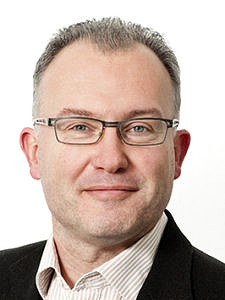 |
| Principal Investigator Prof. Dr. Lina Gölz Phone: +49 9131 85-33643 E-Mail: lina.goelz@uk-erlangen.de |
Principal Investigator Prof. Dr. Michael Wegner Phone: +49 9131 85-24620 E-Mail: michael.wegner@fau.de |
The development of a functional central nervous system depends on the accurate coordination of the highly dynamic microtubule cytoskeleton. Here we propose to chart the molecular landscape induced by mutations in microtubule cytoskeleton components implicated in neurodevelopmental disorders in human brain organoids to uncover unifying and diverging molecular features in a tissue-like context to design strategies to interfere with disease-phenotype progression.
 |
| Principal Investigator Dr. Sven Falk E-Mail: sven.falk@fau.de |
Specific regulation of protein degradation by the ubiquitin-proteasome system plays important roles in myelination, remyelination and neurodegenerative diseases. I want to analyse the functions of the deubiquitinase Otud7b in oligodendrocytes in vitro and in vivo in an oligodendrocyte-specific Otud7b knockout mouse model and identify functional targets of Otud7b in oligodendrocytes to deepen the understanding of posttranscriptional regulatory events during OL differentiation and CNS myelination.
 |
| Principal Investigator Dr. Melanie Küspert E-Mail: melanie.kuespert@fau.de |
An adverse local environment (“niche”) impairs the activity of neural stem cells (NSCs) in the adult brain. We investigate the new hypothesis that NSCs play an active role in generating favorable and adverse niche conditions. Specifically, we will investigate how dysfunctional NSCs generate adverse niche conditions focusing i) on the composition and the biomechanical properties of the extracellular matrix and ii) on NSC-derived exosomes and their composition.
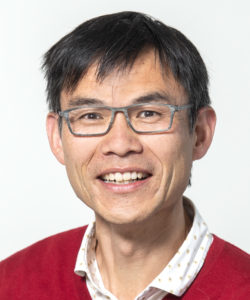 |
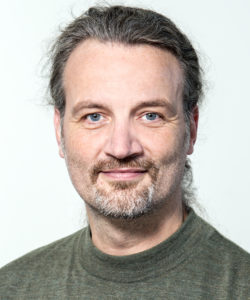 |
| Principal Investigator Prof. Dr. Dieter Chichung Lie E-Mail: chi.lie@fau.de |
Principal Investigator Prof. Dr. Kristian Franze E-Mail: kristian.franze@fau.de |
Term: 01.04.2023 – 30.09.2025
Autosomal recessive mutations significantly contribute to intellectual disability and neurodevelopmental disorders (NDDs). However, high genetic heterogeneity of NDDs makes it difficult to prove pathogenicity. Using a comprehensive approach, we will combine genome sequencing and transcriptomics in a unique patient cohort of consanguineous Turkish families with at least two affected children, together with in silico analysis of candidates and in vivo screening in the Drosophila model organism.
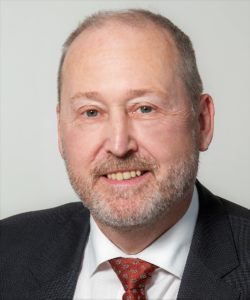 |
 |
| Principal Investigator Prof. Dr. André Reis E-Mail: andre.reis@uk-erlangen.de |
Principal Investigator Prof. Dr. Peter Soba E-Mail: peter.soba@fau.de |
Parkinson’s disease is a neurodegenerative movement disorder characterized by the progressive loss of midbrain dopaminergic (mDA) neurons. mDA neurons can be partitioned into numerous molecularly and functionally distinct neuronal subtypes. The molecular mechanisms orchestrating mDA neuron subtype specification are still largely unclear. This project will test the hypothesis that a temporal patterning program I recently uncovered contributes to the establishment of mDA neuron diversity.
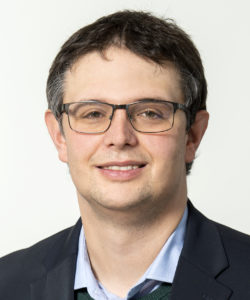 |
| Principal Investigator Dr. Andreas Sagner E-Mail: andreas.sagner@fau.de |
Mutations in transcriptional corepressor CtBP1 cause the neurodevelopmental disorder HADDTS. Functional CtBP1 studies in the central nervous system so far focused on neurons. We recently found that CtBP1 is also important in oligodendrocytes. Here we will characterize the oligodendroglial functions of CtBP1 and the underlying cellular and molecular mechanisms in mice and a human ES cell-derived cellular disease model to show that defects in oligodendrogenesis and myelination contribute to HADDTS
 |
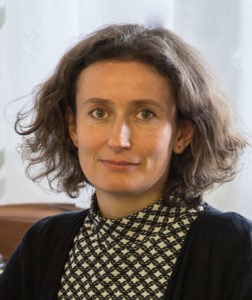 |
| Principal Investigator Prof. Dr. Michael Wegner E-Mail: michael.wegner@fau.de |
Principal Investigator Prof. Dr. Anna Fejtova E-Mail: anna.fejtova@uk-erlangen.de |
